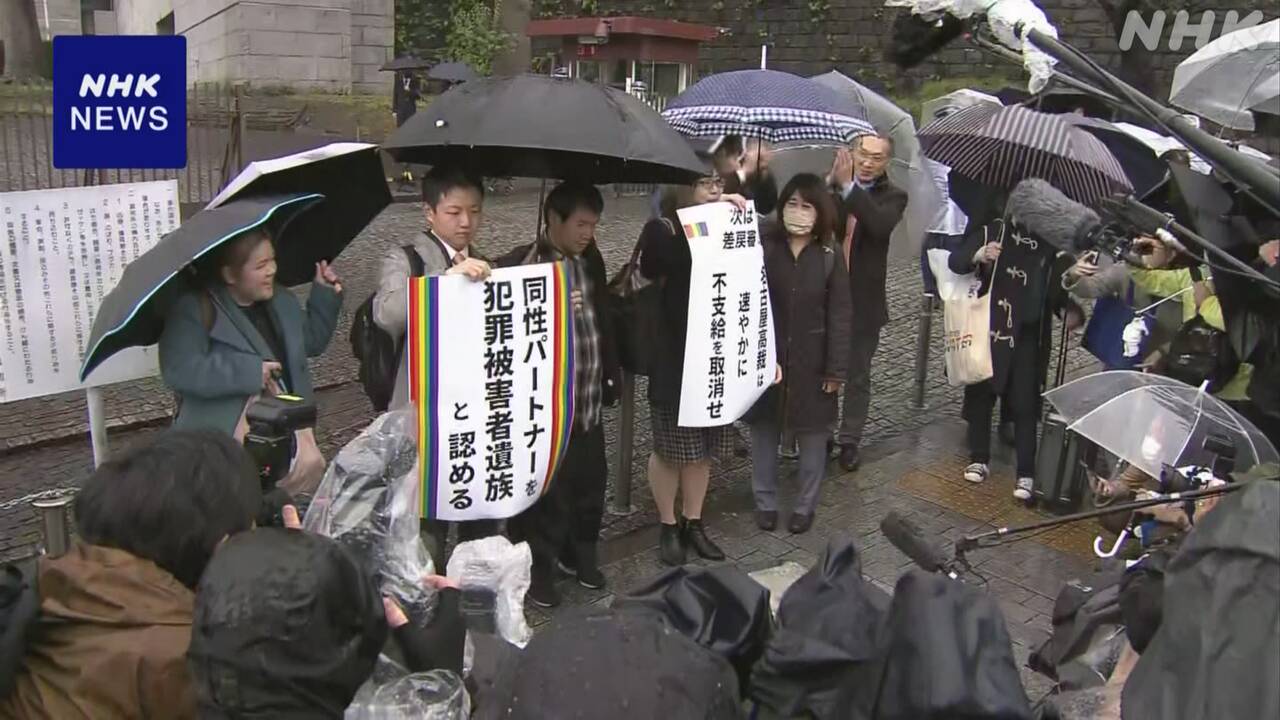Regarding state benefits paid to the families of crime victims, the Supreme Court made the first ruling that ``the victim's same-sex partner is also a common-law marriage and may be eligible.'' There are many provisions, such as pensions, that treat common-law partners in the same way as legally married partners, and this may have an impact on discussions of similar provisions.
Ten years ago, Yasuhide Uchiyama (49) of Nagoya City lost his male partner who was living with him to death.He applied for government benefits meant for the families of crime victims, but was not approved. A lawsuit was filed against the prefecture.
In the court case, the issue was whether same-sex partners were included in the "de facto-married people" who were eligible for benefits, and the first and second instances ruled that they were not included in the list and filed the lawsuit. It was rejected, and Mr. Uchiyama filed an appeal.
In the judgment on the 26th, Presiding Judge Michiharu Hayashi of the Third Petty Bench of the Supreme Court said, ``It cannot be said that the psychological and economic damage caused by the death of a victim differs depending on whether the victim is of the opposite sex or the same sex. This is the first judgment that states that the partner of a person in a common-law marriage also falls under the category of common-law marriage and may be eligible for benefits.
The court then ordered a new trial at the Nagoya High Court, stating that it was necessary to conduct a further investigation to determine whether the victim was in a common-law relationship.
There are many provisions, such as pensions, that treat common-law partners in the same way as legally married partners, and this may have an impact on discussions of similar provisions.

